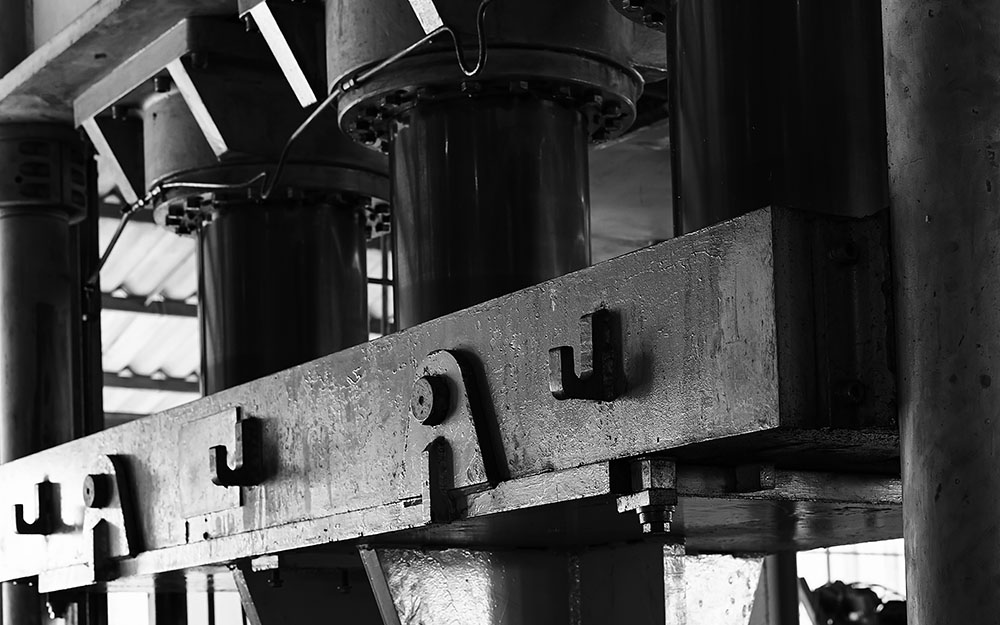If you read last month’s Josh’s Opinion, you’d know I’m not talking about Shrek or the Incredible Hulk. The “green” I’m speaking of is that of one’s desire to be friends with nature, to leave the smallest carbon footprint and to waste as few resources as possible. I gave you all a bit of a guilt trip, but I’ll save that this month and get down to the nitty gritty.
I covered electric prime movers (premium efficiency is best) and pump (piston type running at appropriate pressure and RPM works well) in April, so I’ll continue on from there. One type of semi-common component is a double edged sword; servo and some proportional valves. Servo valves by their nature require massive pressure drops to flow well and be accurate.
Pressure drop or differential pressure describes the level of difference between two measured points in a hydraulic system. In the case of a directional valve, the high pressure drop occurs when a high volume of fluid moves through/past a partially open valve. You sometimes hear pressure drop referred to as backpressure, but the problem is – regardless of description – that it’s all wasted energy.
Some smallish servo or high-response proportional valves can flow massive amounts of fluid because these high pressure drops. 300 bar (4350 psi) “delta P” is possible, although that range leaves little pressure left to accomplish work. Pressure drop is also one of the reasons they respond and flow very accurately. The red part (red…get it? Opposite colour to green! Man, where do I come up with this stuff?) is the amount of energy lost to that high pressure drop.
The bottom line is servo valves waste a lot of energy. If you have a machine with high response requirements (quick and precise actuation), I honestly don’t know what the alternative to a servo or proportional valve is. If you do, I’d love to hear from you!
I’ve covered areas where a hydraulic machine can waste energy during production, but there are other factors to consider in keeping you guilt free. The majority of hydraulic machines use some type of oil, most of which are not biodegradable. Even if you use a variety that is, you’re not off scot free if you have a leak or spill. Oil can make its way into bodies of water, where most aquatic animals do not appreciate the pompadour look.
Oil leaks are harmful to nature not just for the nasty chemicals and additives used in most formulae, but because of what it takes to produce the stuff. The carbon footprint in oil production is massive, and we must include transportation and handling in the equation, too. The existence of oil isn’t a detriment to the environment, but rather our lack of control and maintenance of it. There are few hydraulic machines in any plant with absolutely no absorbent socks laid out under them, showing me that oil is considered to be expendable rather than precious. My point here: fix those leaks!
The fixing of leaks brings me to my last point. It’s such an obvious consideration for the array of benefits provided, but for some reason, so many machines are subject to poor maintenance practices. Machine breakdowns related to little or no preventive maintenance create a huge environmental impact. There is the loss of fluid, the disposal of parts, the shipment of new parts, the manufacture of replacement parts etc. If every machine end user followed proper maintenance practices, there would be fewer breakdowns, failures and repairs.
Upgrading filter element size and quality means your dirty oil is no longer causing damage to pumps, valves and actuators. Oversized filters also give you more time between filter changes and fewer elements needing disposal. These green benefits are in addition to less production-killing downtime fewer expensive repair costs.
If you have more ideas on how to design, manufacture or maintain green machines, get in touch.

